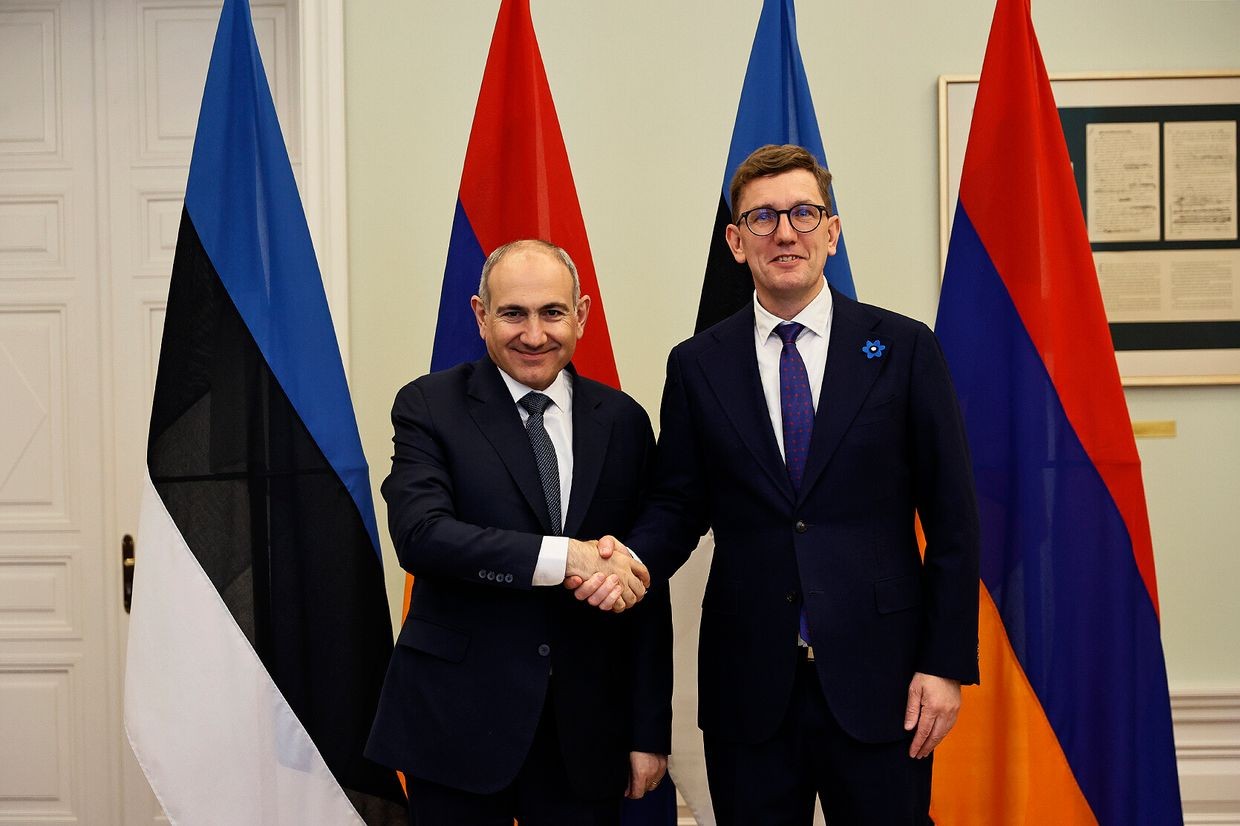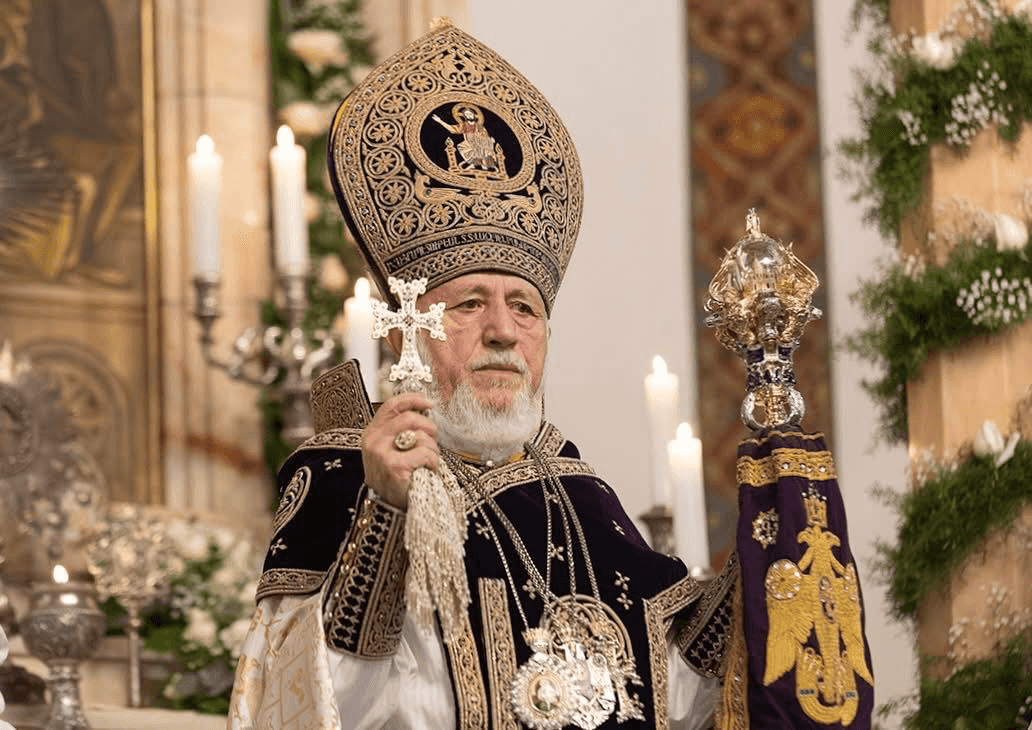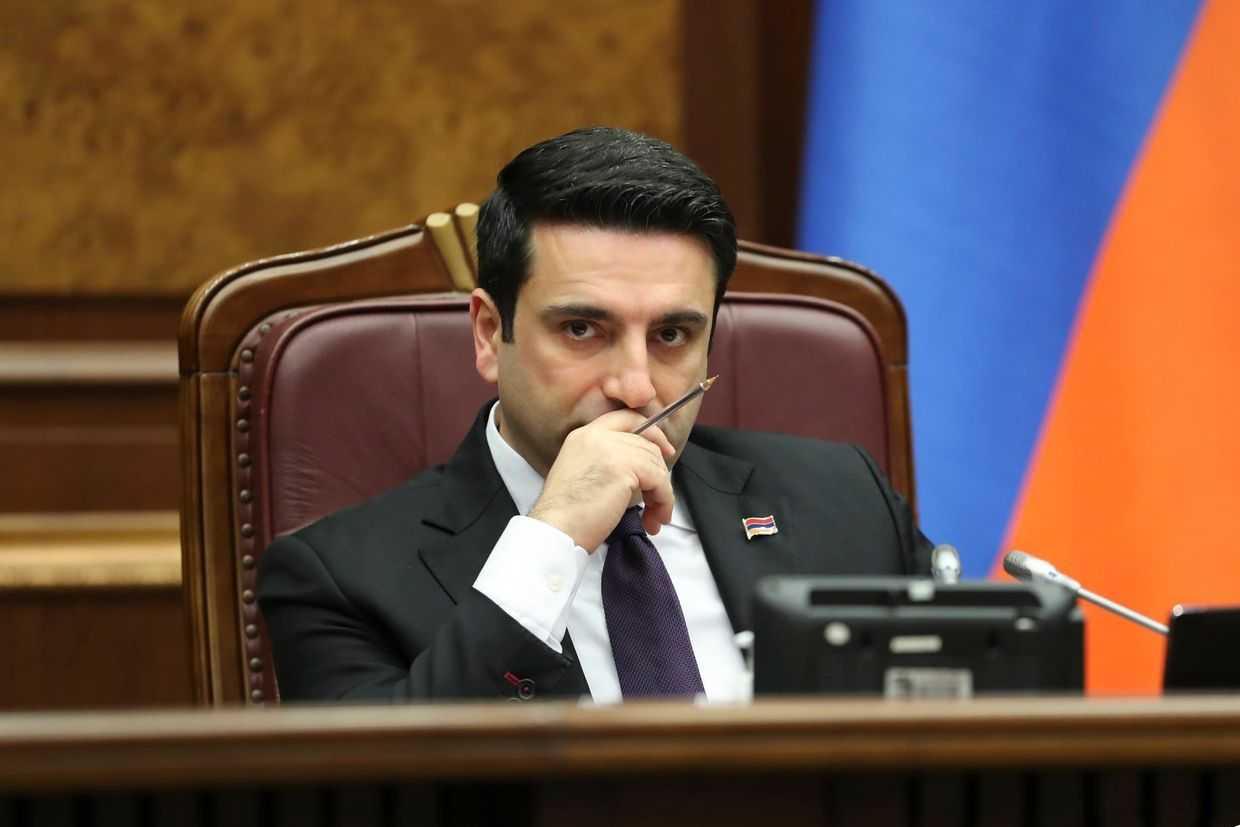
Armenian Prime Minister Nikol Pashinyan has met with high-ranking Estonian officials, including President Alar Karis and Prime Minister Kristen Michal, during a working visit to Tallinn. While in Estonia, Pashinyan also met with Armenian representatives and made a controversial visit to the Memorial to the Victims of Communism.
Pashinyan arrived in Estonia on Sunday.
Following Pashinyan’s one-on-one meeting with Michal on Monday, the two gave a joint press conference, during which Michal emphasised that Estonia was ready to share its experiences becoming highly digitalised across a variety of sectors.
‘It is a great honour for us that Estonia’s experience is also helping Armenia’, Michal said, noting that the two countries were also cooperating in the field of education, including launching a process to introduce AI into schools.
‘I would also like to add that the Estonian Development Cooperation Centre is helping to diversify the Armenian economy, and we are ready to share our experience in business diplomacy’, Michal added.
Pashinyan separately visited the e-Estonia Briefing Centre in Tallinn as part of this envisioned cooperation, after which he stated that the digitalisation of the public administration was a ‘priority’ for the Armenian government.
During the joint press briefing on Monday, Michal also touched upon deepening Armenia–EU relations, noting that ‘Armenia has taken a considerable number of steps, particularly to reduce Russian influence, and has made decisions related to border protection. These are well-considered choices, and I believe they are principled decisions’.
In turn, Pashinyan spoke about the Armenia–Azerbaijan peace process, reiterating his belief that it was possible to sign the peace agreement with Azerbaijan and issue a joint application to the OSCE for the dissolution of the Minsk Group structures simultaneously.
The Minsk Group has historically been a sticking point in the peace negotiations, most recently acting as one of Azerbaijan’s preconditions to signing the previously agreed upon peace deal.

‘We are determined to take our share of responsibility, to undertake the necessary steps along this path, and to resolve existing issues with our neighbors through constructive dialogue and negotiations. In this context, I presented the latest developments concerning the peace process in the South Caucasus and reiterated our expectation that Armenia’s peace agenda will ultimately yield tangible results’, Pashinyan said.
During a separate meeting with Karis on Monday, the two emphasised the historic ties between Armenia and Estonia and the joint commitment to strengthening political dialogue and a bilateral agenda.
More concretely, the process of reforms being implemented in Armenia — including in terms of developing democratic institutions, public administration, and the justice system — were discussed, as well as the further development of Armenia–EU relations.
The two also touched upon the Armenia–Azerbaijan peace process, with Pashinyan thanking Estonia for its ‘unwavering support’ and its ‘clear position on protecting Armenia’s territorial integrity’.
While in Estonia, Pashinyan also met with Estonia’s Parliamentary Speaker Lauri Hussar as well as representatives of the local Armenian community.
As part of his official visit to Estonia, Pashinyan visited the Memorial to the Victims of Communism in Tallinn.
The visit sparked criticism online in Armenia, with some accusing Pashinyan of neglecting a similar memorial in Armenia.
Vardan Harutyunyan, a Soviet-era political prisoner and a human rights defender, wrote in a Facebook post that as the prime minister, Pashinyan never visited a similar memorial in Armenia or made any statement on the Memorial Day of Repressed People commemorated in Armenia every 14 June since 2006.
Another human rights defender, Artur Sakunts, criticised Pashinyan’s upcoming visit to Moscow to participate in the 9 May celebrations marking the 80th anniversary of the USSR’s victory in World War II.‘If you go and pay tribute to the victims of communism, then what are you doing at the so-called parade organised by a regime that considers the [collapse] of the communist regime — namely, the Soviet Union — a geopolitical tragedy?’, Sakunts said in an interview with 1in.am.










